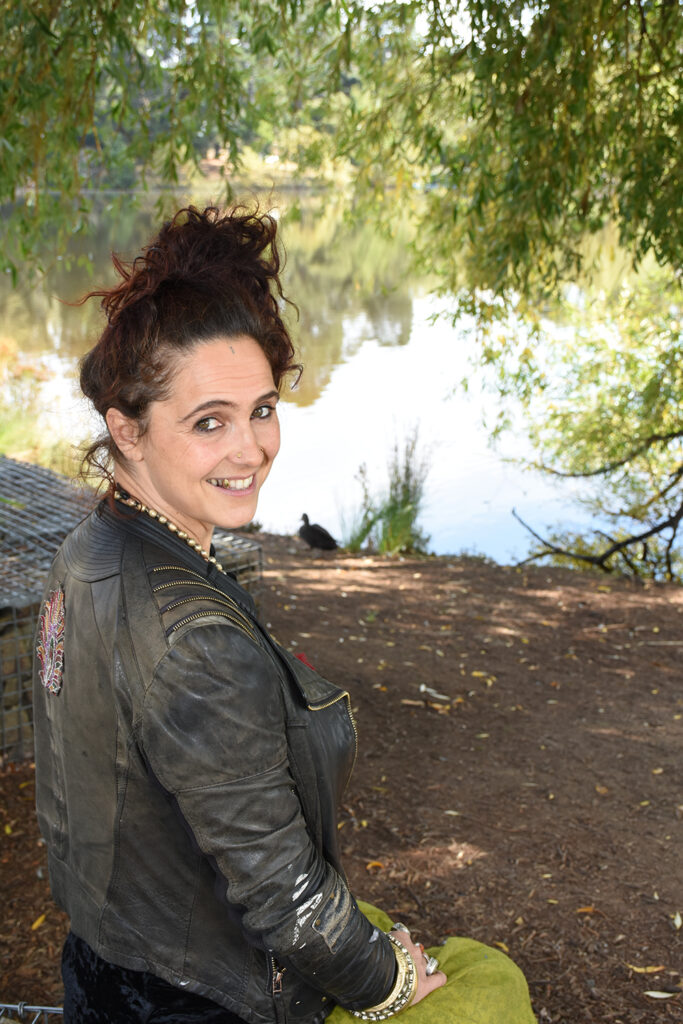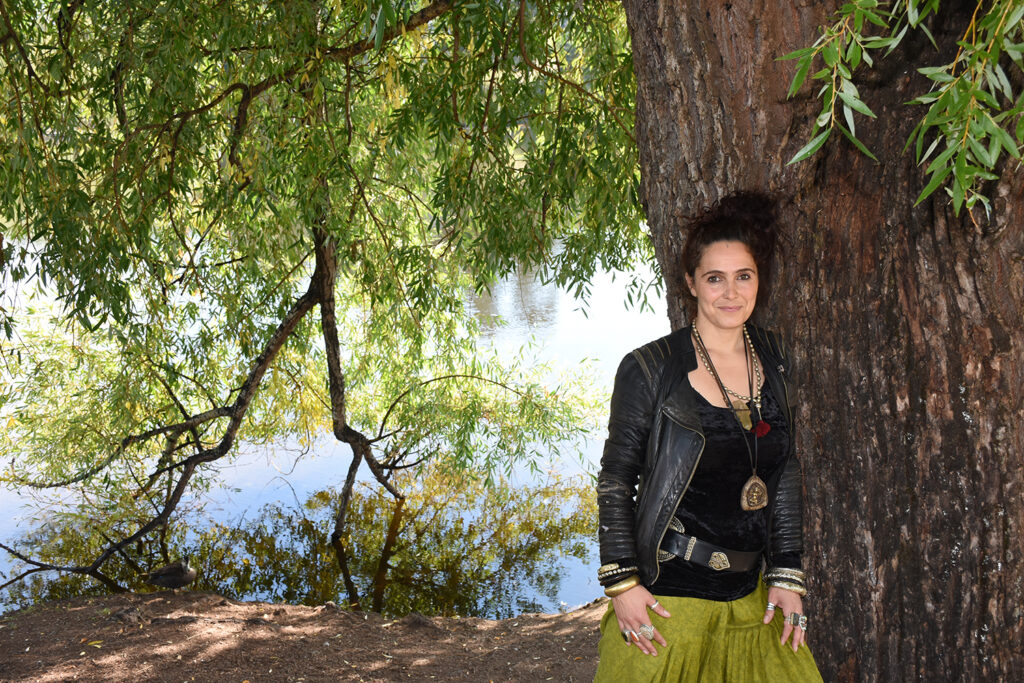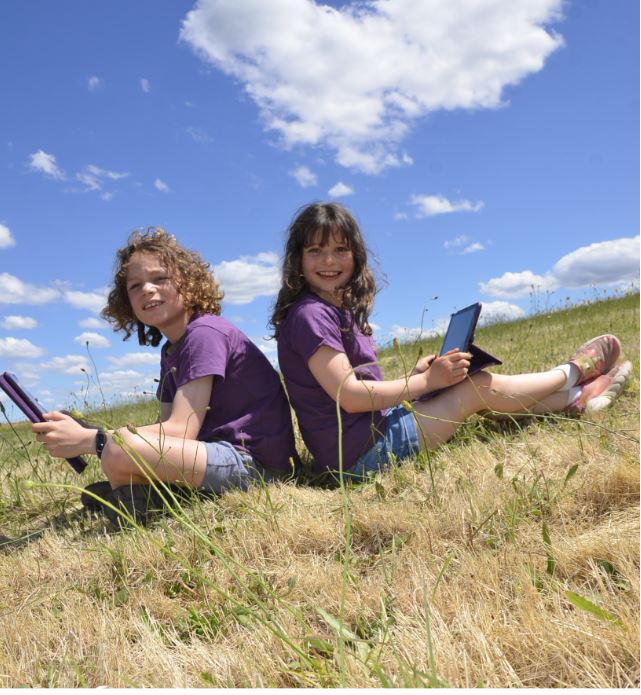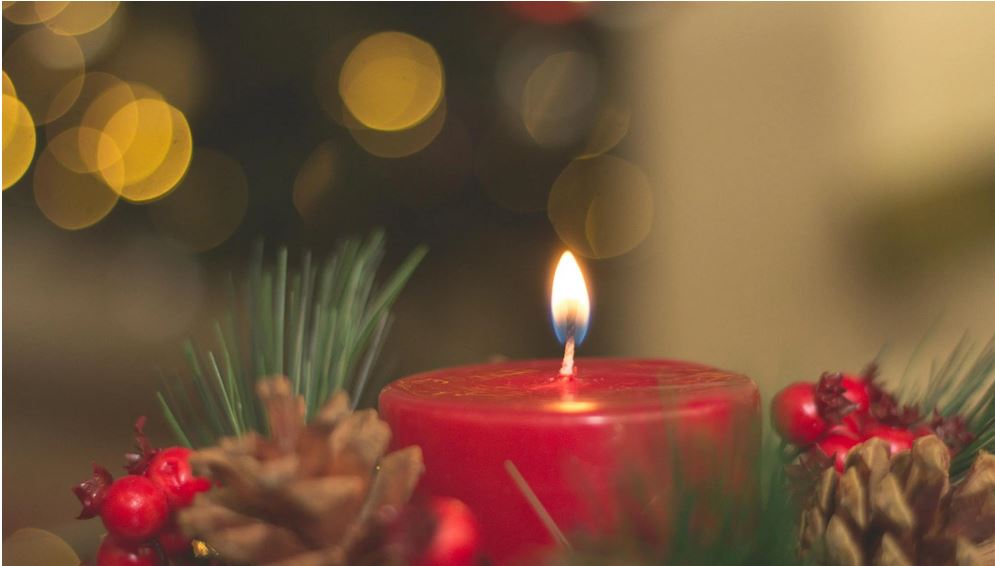March 13th, 2021Alice, crossing the desert of love and Sufism
Its highlights would include a near-death experience in Turkey, meeting her husband-to-be in one of the most exotic places on the planet, standing near-paralysed as US warplanes flew to bomb Syria and finding serenity in a woodfire-heated home.
She is now sharing that peacefulness with locals by introducing them to Sufism, centring on the search to be a better person through sharing knowledge of Sufi traditions, including meditation, chanting and prayer.
“I grew up coming to Trentham, where my mum had a shack since 1974, so I’d spent my life visiting before moving here in 2017.

“Before that, because I’m half Turkish and I’d been going back and forward to there for 20 years, I wanted to live there and have the experience of being there on my own terms…not being the sort of black sheep of the family, not being the sort of wayward cousin, or something…”
What followed was “pretty wonderful”, plunging into life in Central Anatolia, Turkey.
There she was at work on her second novel, having published her first one at 32, eight years ago. Called The Memory of Salt, it’s her parents’ love story. Her mother was a doctor and her father a musician who mastered a great array of instruments, performing in the then gritty world of Brixton, London.
Love intervened when Alice saw Ahmet, a Kurdish artist, and they married. “We met and lived in an incredible place, which is historically very rich. It’s full of underground cities, which are still being dug up.

“People still don’t know who built these underground cities and why they were there. They are for the most part not explored and not understood.
“The landscape is almost reminiscent of the termite mounds of Australia, except it’s volcanic, soft and easy to carve. So it’s a sort of gnarled landscape, with this volcanic rock, cliffs, mountains and caves that were inhabited by Christian ascetics, done over with murals of St George and the Dragon and all the saints.”
So, here in this Muslim country was this buried city of Christianity. She walked from town to town, easily getting lost.
In one town, she and friends picked apples from a laden tree, which revealed a cave, its walls dense with frescoes.
In March 2015 she became pregnant, leading to a stillbirth in September. From her hospital window she could see a volcanic mountain, written about by the Rumi, the greatest Persian poet, whom she is now reading.
“The stillbirth in a small country town was pretty traumatic.” She came to on the floor surrounded by six nurses. “They stole my nose rings, my wedding ring and bangles. My baby was taken by a woman who didn’t look at me.”
A week later she became critically ill. She reached her mother by Skype at 1.30 in the morning and was told to urgently go to emergency. She got to the best hospital for women and children in the capital, Ankara, but not before having to skirt anti-government protests and roadblocks. With blood pouring from her, she prayed aloud in Arabic. She had been unable to make herself understood.
“It was almost as if I were giving myself the last rites. Within about 10 minutes, maximum, of getting to emergency I was clinically dead.
“I perceived a being, even though I had no body with which to perceive and she had no body to speak of either, a light being who emanated… light and love. It was like a lightscape, you could say.”
Alice and Ahmet now have a four year-old son, Nesim.
Earlier in her life, Alice studied Arabic at Melbourne University, which took her to Cairo and then Damascus and Islamic studies.
With chooks and the occasional cocky at her door, a mountain of new firewood from a recently fallen tree and the wood stove offering warmth and cooking, an elegant song in the background, her life seems impressively simple.
She is also running a 10-week course in Trentham on Sufism, ranging from the Bedouin poets of pre-Islamic Arabia, who set its tone and template.
“Sufism is not a religion,” she says. “Historically, it’s a response to empire and wealth…a spiritual response, unmediated but specifically Muslim.
“It’s about trying to stay close to consciousness. You can push and push, but everything happens anyway…it’s an annihilation of the self, of the ego.”
One way of explaining it is through the quotation tattooed on her left arm, a Sufi poem by Mahwiy, a Kurdish poet, that says, “Even though I knew the desert of love was dangerous, still I went to cross and still it took me.”
Words: Kevin Childs | Image: Kyle Barnes










